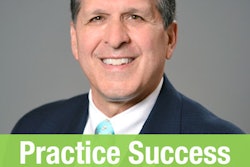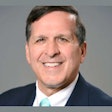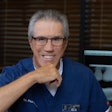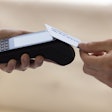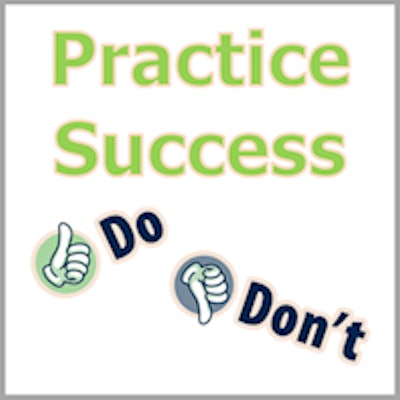
Scheduling is one of the most significant indicators of how your practice is functioning. A roller-coaster schedule with unproductive gaps followed by frantic bursts of activity causes excessive stress and poor customer service. An efficient scheduling system, in contrast, ensures a steady flow of patients and production throughout the day. Below are two ideas that will help you create the best schedule for your practice.

Perform procedural time studies. Changes in experience, technologies, and personnel often alter how long it takes the doctor and clinical staff to perform common procedures. Examine each type of appointment once per year, clocking each 10 times. Then you can allocate the appropriate amount of time using the average as a standard.

Don't use 15-minute increments. Scheduling patients using 10-minute increments instead of 15-minute ones leads to an average of 13 more days of production each year, according to the Levin Group Data Center. This increased efficiency in operations will also decrease the stress on everyone in the practice.
Roger P. Levin, DDS, is the chairman and CEO of practice management consulting firm Levin Group. You can connect with Levin Group on Facebook and Twitter (@Levin_Group) to learn more strategies and share ideas. Also, check out Dr. Levin's free practice management videos at www.levingroup.com/gp.
The comments and observations expressed herein do not necessarily reflect the opinions of DrBicuspid.com, nor should they be construed as an endorsement or admonishment of any particular idea, vendor, or organization.




